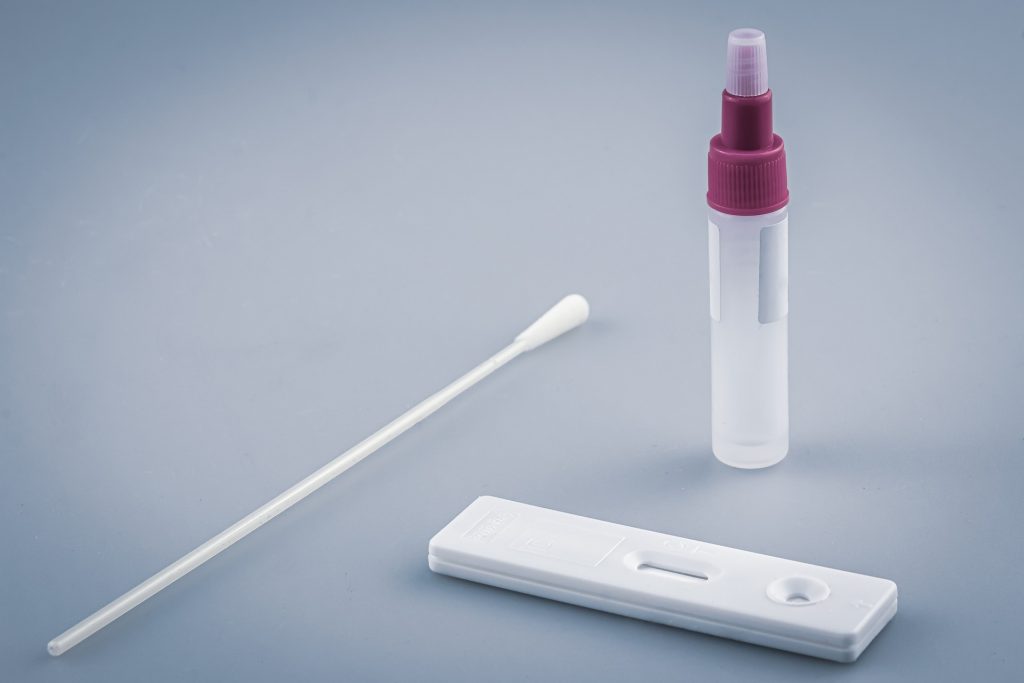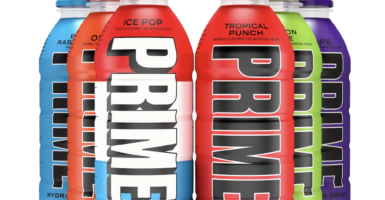Rapid Covid Tests Are No Longer Accurate?
Rapid Covid tests are not as accurate as one might believe due to variables in the way people use them in addition to different individuals testing positive at varying times.
This article is more than 2 years old

During the height of the pandemic, there was a run on rapid Covid tests. Most retailers struggled to keep a steady supply on their shelves, as many stockpiled multiple boxes. But the news coming out of recent studies may call the efficacy of these at-home test kits into question.
We are all familiar with rapid Covid tests by now. If you follow the instructions, you stick the swab up your nose and wait a long 15 minutes for your answer. The only problem is that these kits aren’t necessarily as reliable as many believed.
One issue researchers have found is that not everyone uses them properly. Dr. Geoffrey Baird from the University of Washington School of Medicine suggests many misreadings come from human error, albeit unintentional. He said, “There’s going to be some people who stick it in their mouth.”
Dr. Baird also found that many people will ensure plenty of mucus is on the swab. However, there shouldn’t be any, as its presence may alter the test results. But those aren’t the only factors contributing to a false positive or false negative reading.
The rapid Covid tests we all use at home require more of the virus to be present than the PCR tests used by medical professionals. Ultimately, this means that your test may show a negative result even if you have symptoms. According to NPR, “…on average, people will get a positive antigen test result around the time they become infectious, Baird says it’s important to remember that there will always be plenty of people on either side of that average: those who test positive much earlier than most and those who test positive much later.”
So, you may not get the bad Covid news you were expecting until days (or even a week) after exposure. That is why the CDC recommends repeated testing for anyone showing symptoms. If the result is negative, wait 48 hours to test again.
And repeat that process one more time if need be. Dr. Robin Colgrove from Harvard Medical School agrees with the CDC instructions. “‘In a person who had suggestive symptoms now, in the middle of the epidemic where the prevalence of the infection is high, a single negative test is not enough to rule out infection,’ Colgrove says.”
While that may feel like an eternity, chances are that you are staying home due to feeling crummy anyway. The other thing to remember is that not all rapid Covid tests are created equal. We know, that is not exactly the news you want to hear.
Since some rapid Covid tests are more sensitive than others, there is no consistent standard on when (or if) you test positive. So if you are experiencing symptoms, the extra wait is important. But at least it means ample time to take care of yourself and hopefully get better quickly.
On the bright side, the many Covid variations don’t seem to alter test results from either rapid Covid tests or PCR tests. Dr. Colgrove “says this interior protein really hasn’t changed much as the virus has mutated over the years. So, at least for now, the rapid tests can detect it.”






